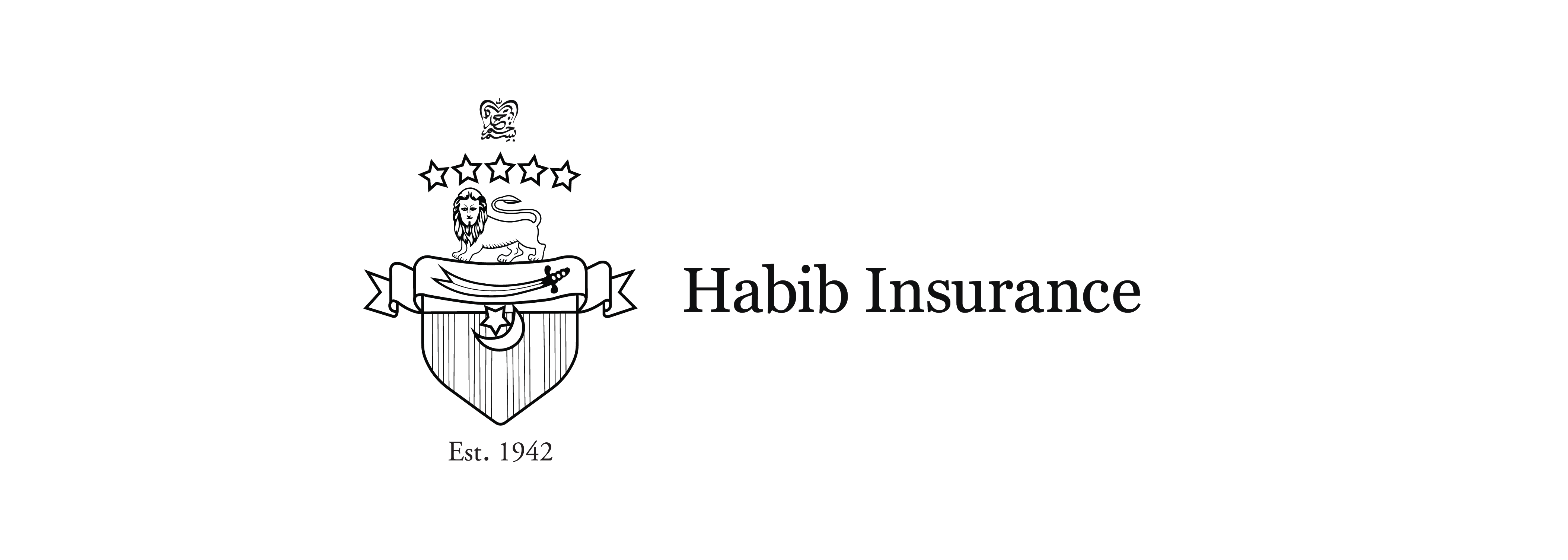Insurance is a part of modern life, but not all insurance is the same. For many people in Pakistan and across the Muslim world, the choice between conventional insurance and Shariah-compliant takaful is not just financial, it’s ethical and religious. This piece explains the core differences between the two models, why takaful matters, and how Habib Insurance Company brings a Shariah-aware option that blends religious compliance with practical protection. In other words, Habib Insurance is catering all types of customer needs.
What is conventional insurance?
Conventional insurance is a contract where the insurer agrees to indemnify the policyholder against specified losses in exchange for a premium. It is based on pooling risk and transferring that risk to the insurer. Key features include:
- Risk transfer: Policyholders transfer the financial burden of potential loss to the insurer.
- Premiums as income: Premiums become the insurer’s income and are invested to generate returns.
- Profit motive: The insurer retains underwriting profits and investment gains; policyholders do not participate directly in these profits.
- Policy terms & exclusions: Contracts define what is covered, limits, and exclusions which are necessary to be read.
While conventional insurance is well-established and widely available, it raises Shariah concerns for some Muslims.
What is takaful (Islamic Insurance)?
Takaful is an alternative model designed to be compliant with Islamic law (Shariah). At its heart, takaful is a cooperative arrangement where participants mutually agree to contribute to a pool that will help any member who suffers a loss. Core principles include:
- Mutuality and solidarity: Participants agree to support one another, the relationship is cooperative, not adversarial.
- Shariah-compliant investments: Funds are invested in assets and instruments that avoid riba (interest), excessive uncertainty, and prohibited industries.
- Governance: A Shariah Supervisory Board oversees operations, contracts, and investments to ensure compliance.
Takaful structures vary but the common theme is that risk is shared rather than transferred for profit in the conventional sense.
Simple and Practical Key Differences
Here’s a quick comparison that matters to customers:
- Purpose: Conventional insurance transfers risk to a company; takaful pools risk among participants for mutual assistance.
- Ownership of funds: In conventional insurance, premiums typically become the insurer’s assets. In takaful, participants’ contributions form a fund that is meant for the benefit of participants.
- Profit & surplus: Conventional insurers retain profits; in takaful, surplus (after claims and expenses) can be distributed among participants or kept for strengthening the fund, depending on the model and policy terms.
- Investments: Takaful invests only in Shariah-compliant avenues; conventional insurers may invest broadly, including interest-bearing instruments.
- Regulation and oversight: Both operate under regulatory frameworks; takaful adds Shariah oversight through a supervisory board.
Why Muslim customers prefer takaful
For customers seeking religiously aligned financial products, takaful offers:
- Ethical alignment: Assurance that premiums aren’t used for interest-based or prohibited industries.
- Shared responsibility: The cooperative model resonates with communal values helping one another rather than profiting from misfortune.
- Transparency: Shariah governance requires clear disclosure of how funds are managed, how surplus is treated, and what investments are held.
These factors make takaful attractive not only to strictly observant Muslims, but also to customers who prefer ethical and socially responsible products.
Habib Insurance Company’s approach – trusted & Shariah-aware
Habib Insurance Company is a well-known name in Pakistan’s insurance landscape. For customers wondering whether they can have both professional coverage and Shariah compliance, Habib’s takaful-aligned offerings aim to deliver that balance.
What sets Habib’s approach apart and makes it different from other Insurance Companies:
- Product parity with conventional offerings: Habib structures takaful plans that cover the same Travel, Motor, and property risks as conventional policies customers don’t have to compromise on scope.
- Shariah governance: A dedicated Shariah board supervises contract wording, fund treatment, and investments to ensure compliance with Islamic principles.
- Clear handling of surplus and claims: Habib adopts transparent rules for surplus distribution or retention, reducing ambiguity for participants.
- Regulatory compliance & market expertise: Being an established insurer, Habib combines regulatory soundness with local market experience, which reassures customers about claims handling and operational reliability.
- Education and communication: Habib typically supports customers with materials that explain how takaful differs from conventional insurance in plain language, helping them make an informed choice.
Choosing between takaful and conventional insurance a checklist
When deciding which route to take, consider:
- Religious priorities: Is Shariah compliance essential for you or your stakeholders?
- Product fit: Does the takaful plan cover the same risks and limits you need?
- Transparency: Are the fund rules, surplus treatment, and investments clearly stated?
- Claims experience: What is the insurer’s reputation for fast, fair claims handling?
- Cost: Compare contributions (premiums) and understand where the money goes to a pooled fund under takaful or to the insurer’s accounts under conventional insurance.
Common misconceptions
- Takaful is not professional? Not true. Leading takaful providers operate with the same actuarial rigour and regulatory oversight as conventional insurers.
- Takaful is always cheaper- Pricing depends on underwriting, claims history, and product design. Takaful may be competitive but not automatically cheaper.
- Surplus always goes back to the customer. Surplus handling varies by model and contract; read the policy details to know the policy offerings.
At Habib Insurance, the professional team guides the customers to make the right choice and give clarity to the customers.
To know more about the Islamic Insurance offerings visit www.habibinsurance.net/takaful











